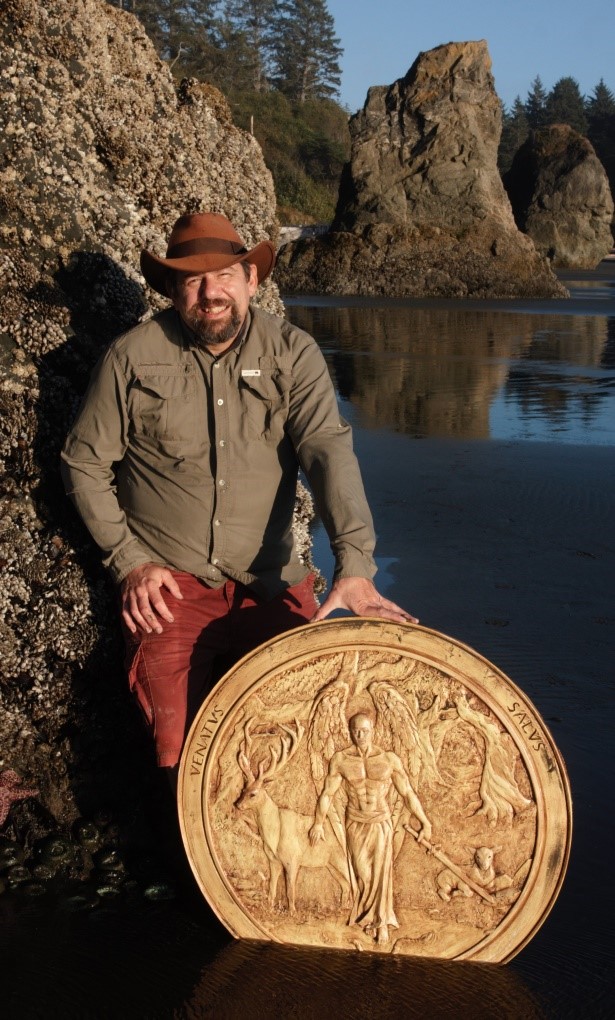by Larry Short, Elder Chair
I’ve been reading the book of Nehemiah, and I’m struck by the parallels between that story and our own story here at Elim as well as the Church beyond our corner of 94th and 128th.
In 586 BC, Jerusalem fell to the Babylonians and the Jews were exiled to Babylon. They lived there in captivity (“locked down”) until 539 BC, when Persia invaded and defeated Babylon. The next year, the first straggling contingent of Jews was able to return to a devastated Jerusalem.
About 22 years later, under the ministries of Haggai and Zechariah, the Temple was restored. But 58 years after this, when Ezra led another group of Jews back in a second return to Jerusalem, they discovered the gates and walls of the city were still in ruins.
This is where Nehemiah’s story starts. He was a cupbearer to the King of Persia and a devout Jew. When he learned of the situation in Jerusalem, he was devastated. We can learn much from how Nehemiah responded to this difficult news:
When I heard these things, I sat down and wept. For some days I mourned and fasted and prayed before the God of heaven. (Nehemiah 1:4)
Jerusalem was not “finished.” God had a plan to restore Israel as His nation! But due to the cluelessness, callousness, and wickedness of his people, some deconstruction had to occur before the rebuilding could begin.
After his season of humbling himself, repenting, and interceding for his people, Nehemiah determined to take an enormous risk: he would approach the King of Persia with his request to visit Jerusalem and take stock of the situation there.
And Nehemiah was shown favor by God. Not only did the king give him permission, but he also sent his own police force to secure Nehemiah for the journey as well as a “credit card” with which Nehemiah could secure lumber and other materials needed for the restoration!
Lessons from Nehemiah
This past year, Elim (along with thousands of other churches globally) has experienced some deconstruction of our own. And in addition to the COVID plague as well as political and social unrest, we’ve faced the enormous challenge of finding new leadership to guide us.
I think we’ve all been tempted to give up. Indeed, some have given up on Elim and left, for a variety of stated reasons.
But for those of us who believe God still has a purpose and plan for Elim and the global Church, I draw these important principles from Nehemiah’s story:
- Our first responsibility is to humble ourselves before our God, repent (2 Chronicles 7:14), and intercede for one another. This has been a hard year for all of us, and as we await a new lead pastor, it has been easy to give in to impatience or simply excuse ourselves from gospel ministry and service until “the new guy gets here.” Perhaps some have fallen into despair as the pandemic has kept us from gathering in person or reacted with anger as we tried to wrestle through some of 2020’s challenging events. Or maybe we’ve even experienced some ungodly pride as we’ve compared our handling of the pandemic to that of others! But as always, though our sins may be excusable, that does not make them right. Let’s ask God to search our hearts to “see if there if any offensive way” in us and lead us in His ways (Psalm 139:23–24).
- Next, let’s seek His vision for the days ahead. How does He want us to change before we can rebuild better? He may be calling us to step out in faith and take a risk. To re-engage. To reach out and share Christ’s love with a neighbor. To figure out where God wants us to plug in and throw ourselves into that task, even if it seems a little scary!
- Third, we need to count the cost. When Nehemiah first arrived at Jerusalem, he surveyed the damage to the walls and gates of the city. We must conduct an accurate assessment of where we are and count the cost (Luke 14:28–30). Who is with us? What are our resources? What do we need to rebuild?
- Fourth, every family among us must swing into action and own their part in the rebuilding. We can be mere spectators no longer. I find it fascinating how Nehemiah 3 lists each family or group by name and tells what part of the walls and gates they were responsible to rebuild. God is watching. Will our names be recorded in the legacy of building back better?
- Finally, we must be prepared for opposition. When the men of Jerusalem began the rebuilding process, they did so with a sword in one hand and a trowel in the other (4:23). But while they stood again foes of flesh and blood, Paul makes clear that our struggle is not against flesh and blood, but “against the powers of this dark world and against the spiritual forces of evil in the heavenly realms” (Ephesians 6:12). Our weapon of choice is prayer, and in divine warfare, the occasional half-hearted supplication will not do. If we wish to reach our neighbors with the love of Christ and His gospel, we must ask our Father for His power, wisdom, and help, for hell itself hates our lifesaving work.
Are You with Us?
The task will take commitment and tenacity. But we know the end of the story. Jesus said, “I will build my church, and the gates of hell will not prevail against it” (Matthew 16:18). We are a part of that Church, and He is not finished with us yet! As elders, staff, and leaders of Elim, we sense the Lord is leading Elim with kindness and love through a tough season and toward better days ahead.
Are you with us, sword and trowel at the ready? Let’s rebuild those gates—together!
Views – 258
 Follow
Follow